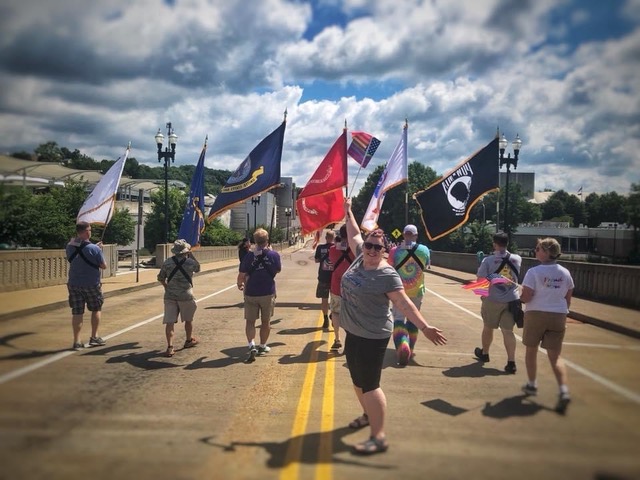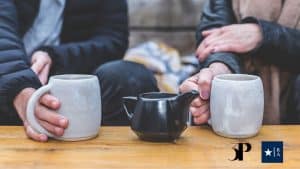Hello, I am Dr. Autumn Lowry, a daughter of East Tennessee and proud attendee of the first Rural Women’s Summit. In this time of uncertainty, that seems like so long ago…I look forward to the day when we can all gather together again.
Memorial Day weekend occupies a special place in my heart; I am an addiction specialist on the homeless team for the Department of Veterans Affairs and improving the lives of servicemen and women has become my life’s work. I see the cost of war in living color every day in the lives of those who survived it. Memorial Day is the day our nation has set aside to honor our fallen—those who have lost their lives in war and who never got the opportunity to come home and try to heal their wounds, those wounds of the body and the mind. We honor more than 1.1 million of our dead—brothers, sisters, fathers, mothers—but most importantly, Americans. Our fellow Americans—their lives blunted, cut short by something much greater than one individual—a collective fight, a national effort.
Today as we honor our fallen, we are in the midst of fighting another collective battle—this time a global effort—against a different enemy. COVID-19 has swept across the globe and in just a few short months, has claimed the lives of 342,000 people. In America alone and as of today with numbers continuing to climb, over 97,000 Americans have died from COVID-19. That’s almost triple the amount of deaths caused by the flu in the 2019 season and almost double the number of American lives lost during the Vietnam War.
As we enter into Memorial Day, the question on my mind is how to we hold all of this grief? We grieve our fallen brothers and sisters on this day and this year, we add to that the grief of almost 100k more Americans lost in just four months. We grieve lost time with loved ones who we cannot see because we are trying to keep them safe—our grandparents in nursing facilities, our parents who are at higher risk, our friends who are immune-compromised. We grieve jobs lost, progress cut short—our children grieve missed opportunities and stolen goodbyes with friends. How do we hold all of this grief that, when thought about collectively, can be so powerful it can steal our breath?
We hold that grief today and, in the months and years to come, by holding one another up. We talk about our fears, our grief, our longing for what was. We talk about our anger and sadness, we listen to others do the same. Really listen—not with an agenda but with intention to actually hear them. We hear one another. We hold fast to whatever our solace is—our family, our faith, our work, and those things that we can do to help. In a time when we can feel so powerless, I call you to join me in doing our parts as individuals in this collective. In rural speak, we often identify ourselves as part of our small communities and this is no different. That’s where it starts. We start by wearing our masks in the grocery store because we are protecting our neighbors. We wash our hands more often than we used to because we are protecting our community children. We grieve the loss of opportunities spent at BBQs, church gatherings, graduations, and all of the spaces we cherish so much and perhaps took for granted—and then we let them go as best we can because that is how we keep one another safe. We protect one another—we wash our hands, we wear our masks, and we listen to science.
Grief is a fickle thing. It isn’t easy and it has no timeline. It comes and goes as unpredictably as seasons in East Tennessee. Today, as we pause to offer space for grieving all our fallen soldiers, I invite you to join me in grieving all of them and the rest of it, all of it. I also invite you to join me in hope—hope toward a safer and more certain tomorrow for us, our neighbors, our communities, and our nation. Hope and grief, they can and do co-exist, and together, they can help us honor all we have lost and guide us as we walk forward toward that which we cannot see just yet.








